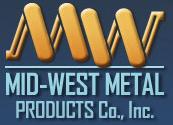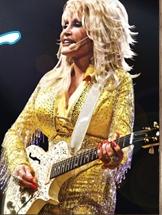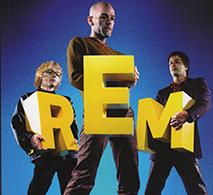South Bend, IN – Biomet, Inc. of Warsaw, Indiana has filed a declaratory judgment suit against Bonutti Skeletal Innovations LLC of Frisco, Texas in the Northern District of Indiana, asking the court to enter a judgment of non-infringement and invalidity of fifteen Bonutti patents.
![]() Biomet is a privately held company that designs, manufactures and markets products used primarily by musculoskeletal medical specialists in surgical and non-surgical therapy. Dr. Peter Bonutti is an orthopedic surgeon listed as an inventor or co-inventor on over 150 U.S. patents, including the patents-in-suit. Biomet entered into a licensing agreement with Dr. Bonutti, via his research and/or patent-holding company MarcTec, LLC, in 2006.
Biomet is a privately held company that designs, manufactures and markets products used primarily by musculoskeletal medical specialists in surgical and non-surgical therapy. Dr. Peter Bonutti is an orthopedic surgeon listed as an inventor or co-inventor on over 150 U.S. patents, including the patents-in-suit. Biomet entered into a licensing agreement with Dr. Bonutti, via his research and/or patent-holding company MarcTec, LLC, in 2006.
Since September 2012, Bonutti Skeletal has initiated a series of patent-infringement lawsuits against medical-device manufacturers, including Depuy, Inc.; Zimmer, Inc.; Smith & Nephew, Inc.; Wright Medical Group, Inc.; ConforMIS, Inc.; Arthrex, Inc.; Linvatec Corporation and ConMed Corporation. In each of these suits, Bonutti Skeletal has asserted infringement of Bonutti patents against products similar to those produced by Biomet.
In January 2013, Bonutti informed Biomet that it believed that Biomet was infringing upon Bonutti patents; it demanded a settlement to license these patents shortly thereafter. On that basis, Biomet seeks a judgment under the Declaratory Judgment Act, stating that an actual and justiciable controversy exists.
Patent attorneys for Biomet listed fifteen Bonutti patents in their complaint. Biomet asks for declarations that there was no infringement by Biomet of any of the fifteen Bonutti patents and of invalidity of all of the patents, a finding that the case is exceptional and an award of attorneys’ fees and costs pursuant to that finding.
The patents-in-suit, all issued by the U.S. Patent and Trademark Office are:
• 5,921,986: “Bone suture”
• 6,638,279: “Method of positioning body tissue relative to a bone”
• 8,147,514: “Apparatus and method for securing a portion of a body”
• 7,087,073: “Method of securing body tissue”
• 6,702,821: “Instrumentation for minimally invasive joint replacement and methods for using same”
• 7,806,896: “Knee arthroplasty method”
• 7,708,740: “Method for total knee arthroplasty and resecting bone in situ”
• 7,806,897: “Knee arthroplasty and preservation of the quadriceps mechanism”
• 8,133,229: “Knee arthroplasty method”
• 7,828,852: “Inlaid articular implant”
• 7,931,690: “Method of resurfacing an articular surface of a bone”
• 7,070,557: “Tissue graft material and method of making”
• 6,423,063: “Changing relationship between bones”
• 6,099,531: “Changing relationship between bones”
• 7,104,996: “Method of performing surgery”
Practice Tip #1: It is common for those who consider themselves likely to become defendants in patent-infringement litigation to proactively seek a declaratory judgment of non-infringement. Such a suit allows the potential defendant not only to choose their own forum, to the extent that it is consistent with jurisdictional restrictions, but also to remove an ever-present cloud of potential litigation and potential damages that may be continuing to accrue.
Practice Tip #2: The standard for an actual controversy under the Declaratory Judgment Act was most recently addressed by the Supreme Court in MedImmune, Inc. v. Genentech, Inc., 549 U.S. 118 (2007). We blogged recently about another action for declaratory judgment involving Genentech here.










